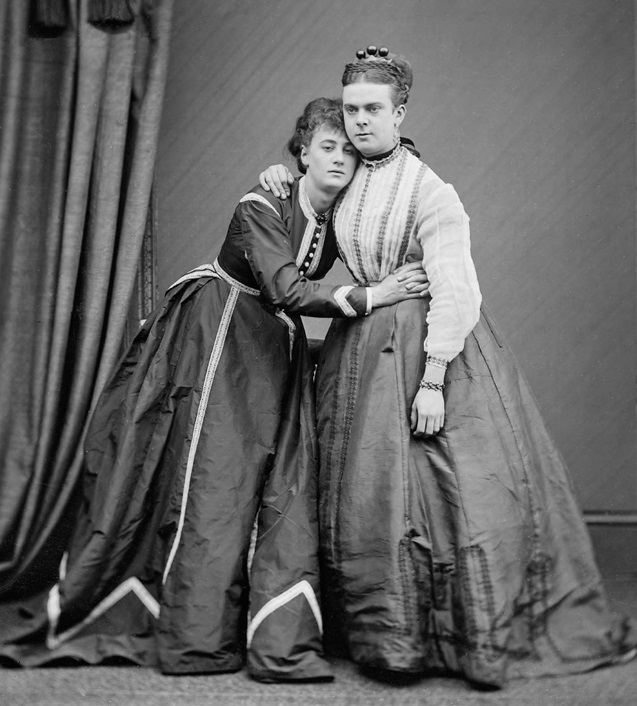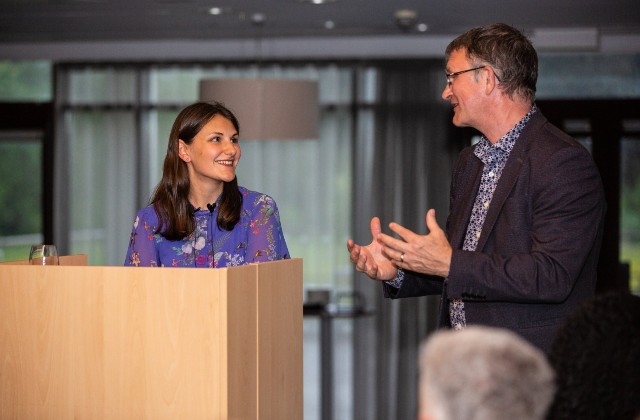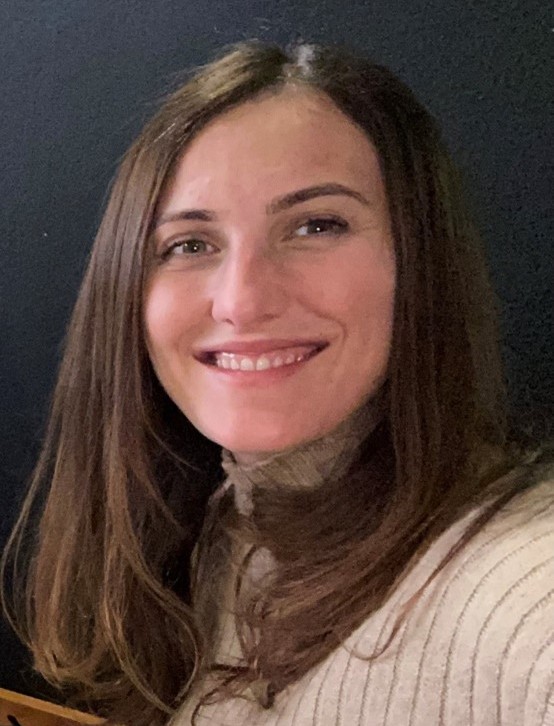Research cluster in gender history: who are we?
Welcome to the University of Reading’s research cluster in gender history. Our purpose is to explore gender in its complexity. Across time and space gender has often been viewed and imagined as binary and cisgender. However, the construct of heteronormativity – the belief that people fall into two distinct and complementary genders with natural roles in life – must be questioned, examined, and investigated. Our work uses a range of approaches, such as political, cultural, and social history, all thoroughly anchored within gender history but with cross- and interdisciplinary perspectives. We understand gender history to include:
- women history
- the history of manliness and masculinity
- the history of sexuality
- gendered history.
About our banner image: This rock art was created at least 6,000, possibly 10,000, years ago in a cave in the Sahara Desert. At a time when the Sahara was green, wet, and featured lakes, our ancestors chose to draw swimmers, bodies unsexed, and no gender division of labour visible.












































